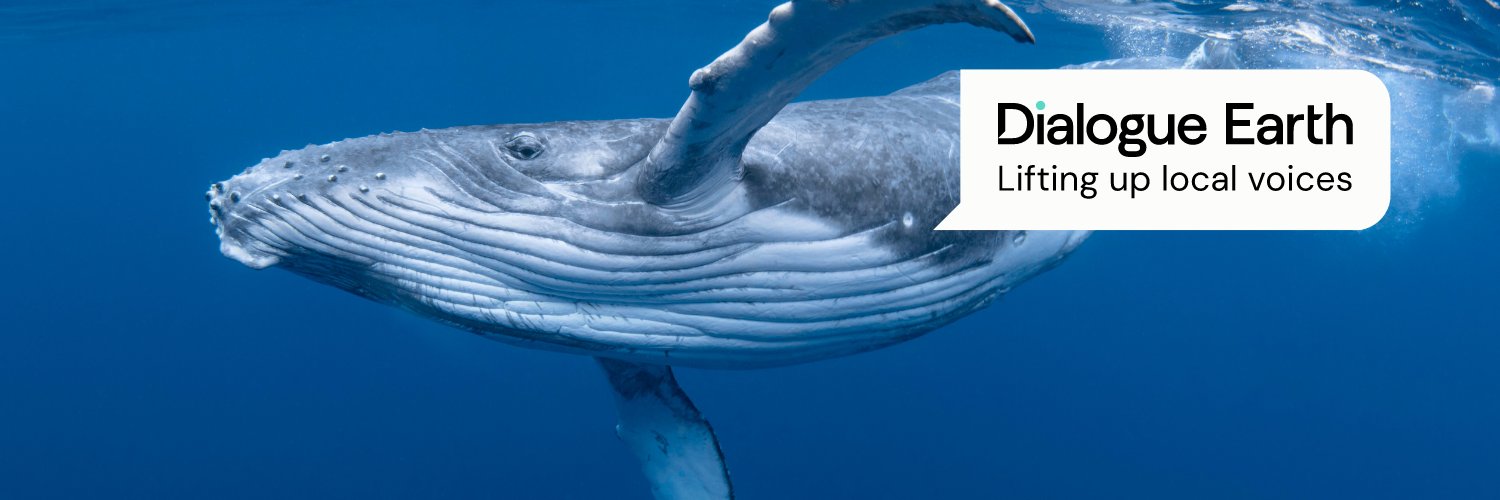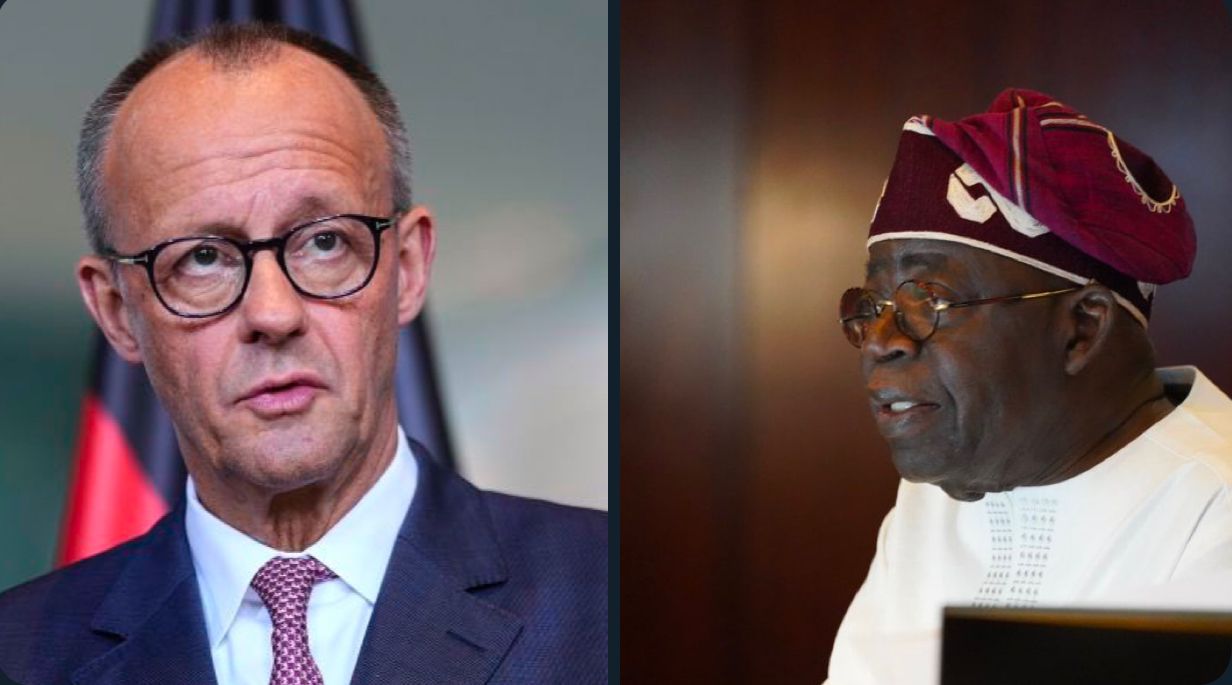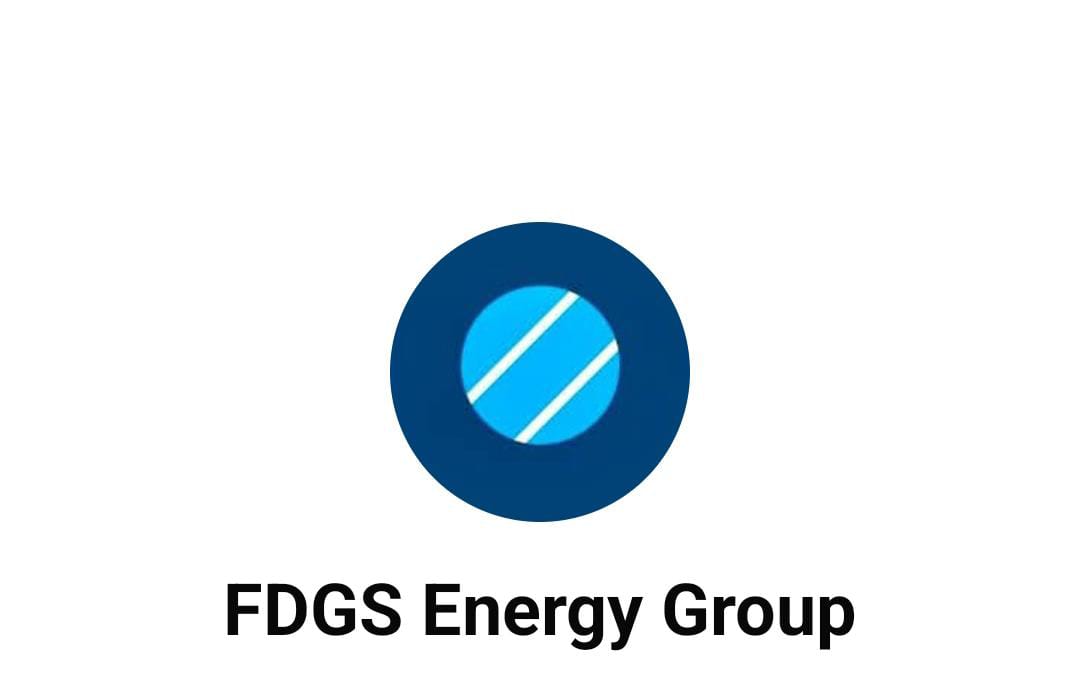David Hundeyin and Dialogue Earth: Addressing Misinformation About Climate Change Diplomacy
BY CHUKWUMERIJE OKEREKE

The recent write up by the highly respected and admired David Hundeyin is characteristically provocative. He makes some crucial points, which are communicated in his typical style.
His sharing of the commissioned brief he received from Dialogue Earth in the spirit of full openness is commendable, as is his statement that Nigeria’s and Africa’s future should be decided by Nigerians and Africans themselves. Without doubt, this includes how we decide to use our hydrocarbons.
I have never interacted with Dialogue Earth, talk more of receiving funding from them. I do not hold brief for them.
However, as a leading African climate policy expert, I believe that much of David’s presentation is simplistic, bordering on sensationalism, and has the potential to lead to a conclusion that does not advance a healthy debate about the economic impact of climate change in Nigeria and how we should best respond to ensure Nigeria’s long-term economic sustainability.
David claims that the objective of Dialogue Earth is to get the Nigerian government to kill the refinery. However, the brief he shared contradicts this conclusion, emphasising that the primary goal of the essay is to increase awareness of the refinery’s paradox within the context of Nigeria’s energy transition plan and its commitment to achieving net zero emissions by 2060. This, in my view, is a very valid question and one that I have raised and discussed in a recent article on the Dangote refinery and Nigeria’s climate commitment.
While I wholeheartedly support the refinery for economic reasons, it is self-evident that its operation, as well as the Petroleum Industrial Act (PIA), pose challenges to Nigeria’s climate ambitions. This tension and how best to resolve it calls for a calm national discussion. I have previously recommended that the government should establish and adopt clear policies to help harmonise our climate change, economic, and energy security objectives.
These could include carbon trading, carbon tax, carbon sequestration, carbon capture, and carbon storage. Many of these measures are outlined in Nigeria’s Climate Change Act, and if properly implemented, they have the potential to generate billions of dollars for the government, while simultaneously promoting economic growth. And by the way, a thorough environmental and social impact study in relation to the refinery, as suggested in the brief David shared, is already required by our existing legislation and essential for social, environmental, and economic reasons.
David also makes several other bogus or, at best, unsubstantiated claims in the article. For example, I see nothing in the brief he shared to conclude that Dialogue Earth does not care about human poverty caused by exporting raw materials and importing refined fuel, that they do not consider the emissions generated from this process bad for the environment, or that their objective is to keep Africa poor. This type of conclusion is reached by assuming that the only alternative to questioning the refinery’s climate change implications is to support the current state of energy poverty and the unpatriotic policy of exchanging crude oil for imported refined products, which is clearly bad for Nigeria’s economy and the environment.
A more nuanced and truthful position is that the majority of Western environmental NGOs opposed to fossil fuel investment in Africa actively support alternative policies that promote renewable energy investment and poverty reduction in Africa. They envision a clean Africa fuelled by renewable energy, which will provide Africa with a global economic advantage.
Where I believe Western environmental NGOs frequently go wrong is that they push Africa too hard on green transition and leaving the oil in the ground, while not lobbying or campaigning hard for enough financial support and technology transfer to develop renewable energy capacities in Africa. I’ve mentioned this issue several times in my discussion on the subject.
Several studies have found that countries can increase their economic competitiveness by investing in renewable energy. Each country must consider, select, and pursue a strategy that is sensitive to its energy demands. In this regard, I am certain that strengthening Nigeria’s local refining capacity within the context of a border economic diversification agenda is the right strategy to address climate change, create jobs, and grow our economy.
Climate change is real, and it is projected to cost Nigeria up to $460 billion by 2050. It is one of the most important economic development challenges facing Nigeria and other African countries.
While investing heavily in wind and carbon capture technology, the UK has used its coal power plants more than ever before in recent years to meet high energy demand, due to the extremely harsh winter. While China is the world’s largest solar generator, it is also the most polluting country. In both cases, countries are attempting to strike a balance between climate change, energy security, and long-term economic competitiveness. Both require risk analysis, scenario planning, and common sense based on observable trends. Nigeria must also think and act strategically, rather than hiding her head in the sand.
The international climate agreement calls for a rapid transition away from oil and gas towards renewable energy. The agreement calls for a tripling of the renewable energy portfolio by 2030. Despite having an abundance of solar energy, solar power currently contributes less than 0.5 per cent to our grid.
Nigeria can gain a significant economic advantage by diversifying its economy and embracing the green economy. This does not require cutting all oil and gas production tomorrow.
It is clear that David thinks climate change is a religious belief, and it is obvious that this informed his interpretation of the brief he received and the commentary he provided. I vehemently disagree that climate change is not real and is an issue that demands urgent attention.
It should be underlined that the advocacy of various Western NGOs and citizens to encourage a speedy green transition is not limited to Africa but is strong and effective in their home nations. Climate advocacy and action is a major social, political, and economic issue in the United Kingdom, the United States, and other industrialised countries. It is a major topic in election debates and a dividing line between major political parties.
However, Western environmental NGOs such as Dialogue Earth frequently make the error of promoting the same cause in Africa without a thorough knowledge of the African psyche, history, and economic circumstances. And by doing so, they risk being charged with “climate colonialism,” a phrase I’ve used and addressed in prior writings.
Respectfully, I believe David should have simply declined the request to research and write the brief on the grounds that climate change policy and economics are not his areas of expertise.
However, by asking a non-expert to write an opinion post on the Dangote refinery and climate change, Dialogue Earth demonstrated a lack of intelligence and prudence, and can thus be accused of being naive, desperate, and foolish. They have brought this ant-infested wood upon themselves, and they must now suffer the inquisition, blame, contempt, and opprobrium that come with it.
However, it will be detrimental to Nigeria if David’s comments make it difficult to have a mature and science-based debate about how Nigeria can best balance its climate change and economic growth goals in order to achieve long-term climate resilience and sustainable development in a rapidly evolving green transition global economy.
Chukwumerije Okereke is a professor of Global Climate Governance and Public Policy at the University of Bristol’s School of Policy Studies, as well as the director of the Alex Ekwueme Federal University Ndufu-Alike Centre for Climate Change and Development in Ikwo, Nigeria.













